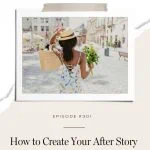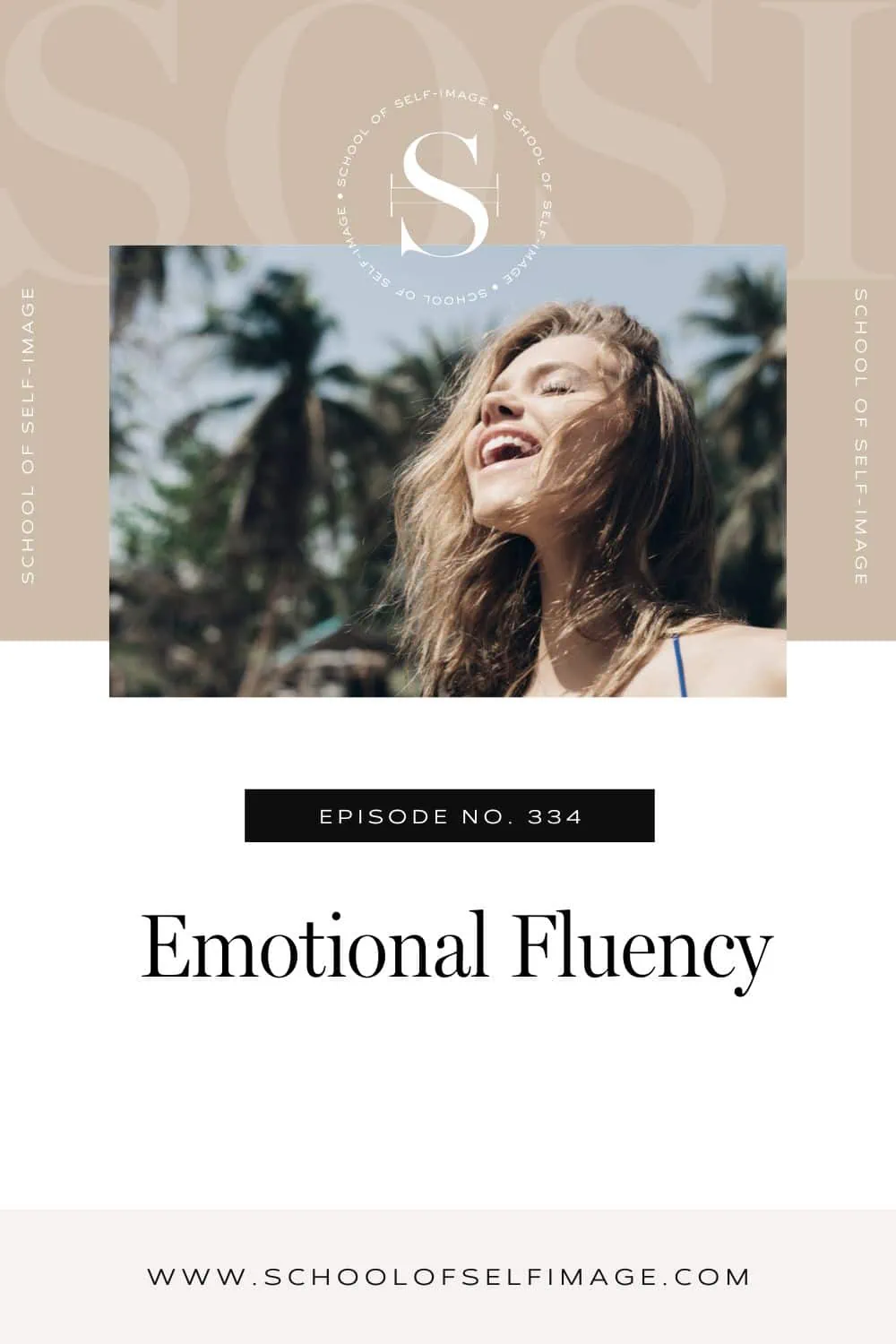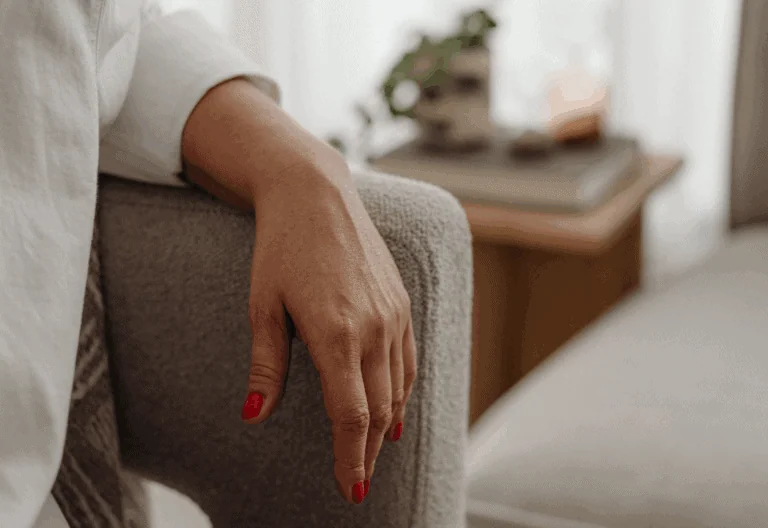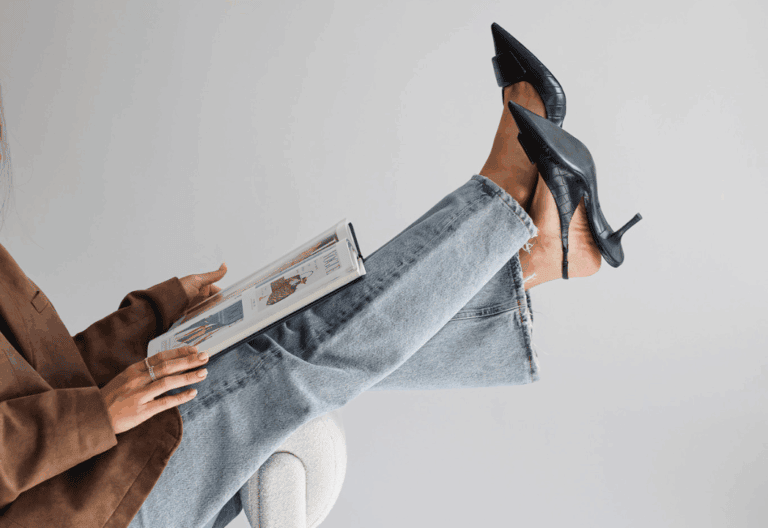
 In this episode of the School of Self-Image, host Tonya Leigh talks about the importance of being sold on oneself and emotional fluency. She challenges the listener to believe in their own value, worth, and capabilities. Tonya emphasizes the need to appreciate where we are now and not fight against it. She also shares about her current workshop, the Royal Treatment Workshop, and the positive feedback she has received from participants. The episode ends with a reminder to focus on where we can reach from where we are now.
In this episode of the School of Self-Image, host Tonya Leigh talks about the importance of being sold on oneself and emotional fluency. She challenges the listener to believe in their own value, worth, and capabilities. Tonya emphasizes the need to appreciate where we are now and not fight against it. She also shares about her current workshop, the Royal Treatment Workshop, and the positive feedback she has received from participants. The episode ends with a reminder to focus on where we can reach from where we are now.
What You Will Discover with Self-Image Coach Tonya Leigh:
- 0:03:13 Self-image and weight loss
- 0:08:04 The Slim Self-Image
- 0:10:13 Emotional fluency
- 0:14:18 Primary emotional language
- 0:17:35 Back to harmony with your self-image
- 0:22:08 Your opinion matters the most
- 0:26:37 Transitional emotions
Quotes
Connect with Self-Image Coach Tonya Leigh:
- Join Now! https://schoolofselfimage.com/join
- FREE Download: https://schoolofselfimage.com/self-image-manifesto/
- Give yourself the Royal Treatment! Enroll now here: https://schoolofselfimage.com/royal/
- Website: https://schoolofselfimage.com/
- Instagram: https://www.instagram.com/schoolofselfimage
- Facebook: https://www.facebook.com/TonyaLeighOfficial
- TikTok: https://www.tiktok.com/@thetonyaleigh
- YouTube: https://www.youtube.com/@schoolofselfimageOfficial




